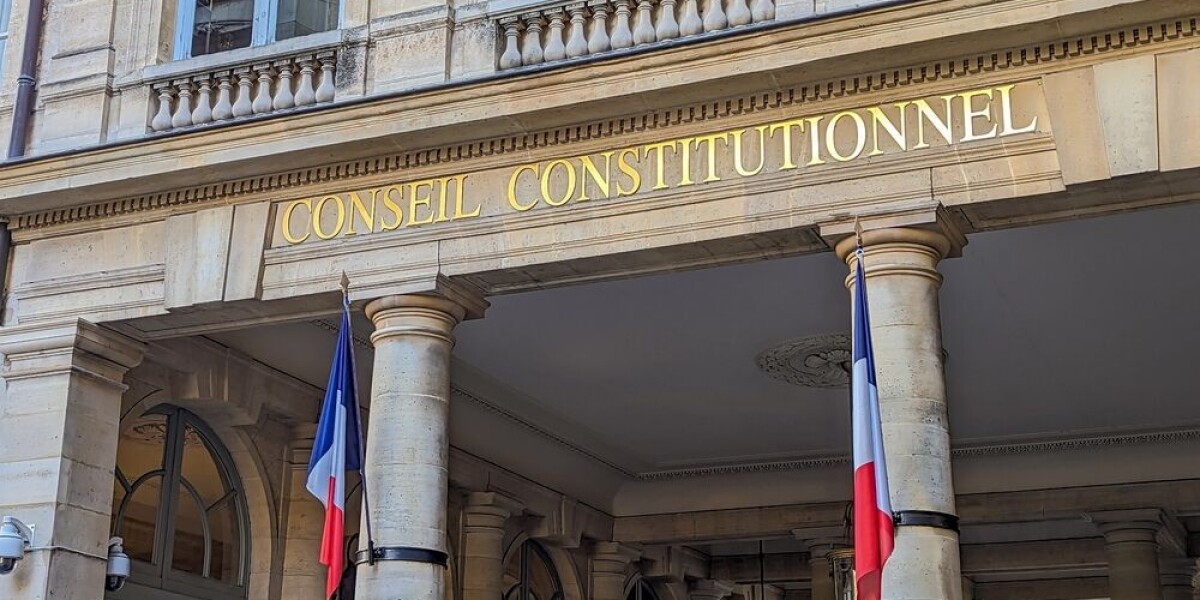
- Select a language for the TTS:
- UK English Female
- UK English Male
- US English Female
- US English Male
- Australian Female
- Australian Male
- Language selected: (auto detect) - EN
Play all audios:
AROUND 453,000 PENSIONERS ARE LIVING IN A COUNTRY WHICH DOES NOT HAVE A RECIPROCAL AGREEMENT WITH THE UK GOVERNMENT. 12:10, 21 May 2025 Cross-party MPs have united to intensify pressure on
the UK Government over its refusal to reform the so-called ‘frozen pensions’ policy, which affects nearly half a million British pensioners living overseas - many of whom are now newly
eligible to vote following the 2024 changes to overseas voting rights. Around 453,000 pensioners are living in a country which does not have a reciprocal agreement with the UK Government
resulting in them not receiving the annual State Pension uprating. Speaking in a Westminster Hall debate on Tuesday, Gregory Stafford MP led a powerful call for change to State Pension
rules, condemning the policy as one shutting out “half a million voices who feel forgotten, neglected and increasingly betrayed”. READ MORE: New State Pension update for men and women aged
64 and 65READ MORE: Top up your bank balance by winning a share of £2,000! The policy, which prevents State Pensions from being increased annually - to counteract the impact of inflation for
UK pensioners living in certain countries - means some are receiving as little as £60 per week, far below the current £176.45 rate for the Basic State Pension for those resident in
Scotland, England, Wales and Northern Ireland. Most retirees of the so-called Frozen Pensions scandal are located in the Commonwealth. Only British overseas pensioners living in specific
countries are impacted, in what Rebecca Smith MP described as "the ultimate postcode lottery”. Those in the USA see the same annual increase as British pensioners living in the UK or
France, while those in Australia or Canada, see their State Pension remain ‘frozen’ and effectively fall in value. For example, 100-year-old Second World War veteran Anne Puckridge, who
lived and worked in the UK until the age of 76 and served in all three of the RAF, Navy and the Army, has received just £72.50 per week since 2001, the year she moved to Canada to be nearer
her daughter. Jim Shannon MP similarly questioned the logic of the policy applying in only some countries and not others, arguing “the arbitrary distinction between countries with and
without an operating agreement lacks logic and smacks of red tape and bureaucracy gone mad." Stafford and fellow MPs strongly rebutted the Government’s long-held defences of the policy.
The Minister for Pensions, Torsten Bell MP, was mostly notably challenged on the estimated cost of ending the policy, which is estimated at £55 million per year - 0.04 per cent of the
annual State Pension budget - rather than the £950m per year quoted by the Department for Work and Pensions (DWP). The difference explained by the fact the DWP are quoting for uprating and
backdating payments to account for the years affected pensioners have been frozen. However, campaigners are instead asking to receive the annual increase from this point onwards. Douglas
McAllister MP stressed that campaigners and supportive MPs are “not seeking a full backdating, but for the Government to introduce some form of yearly indexing to answer that injustice”.
Longterm critic of the policy Sir Roger Gale MP argued the policy is “not a matter of cost. It is a matter of moral responsibility and duty.” The Minister was also reminded by a number of
MPs that “the vast majority of impacted pensioners still report having no knowledge of the policy’s existence prior to moving overseas”. Greg Stafford MP called on the Minister to meet with
the End Frozen Pensions campaign to discuss how communication might be improved over the policy’s existence, and to formally determine the true cost of ending the policy. The DWP Minister
did not respond to MPs’ calls to meet with campaigners on this issue. Labour MP Neil Duncan Jordan questioned the UK Government’s wider approach to support its more vulnerable citizens,
arguing that "taken alongside recent decisions to means-test the winter fuel allowance... it could appear that the Government are trying to balance the country’s books on the back of
some of the poorest members of our society." STATE PENSION PAYMENTS 2025/26 The DWP has published the full list of State Pension and benefit uprated payments on GOV.UK here, which also
includes additional elements such as the deferred rates, which are rising by 1.7 per cent (September Consumer Price Index inflation rate). FULL NEW STATE PENSION * Weekly payment: £230.25 *
Fortnightly payment: £460.50 * Four-weekly payment: £921 * Annual amount: £11,973 FULL BASIC STATE PENSION * Weekly payment: £176.45 * Fortnightly payment: £352.90 * Four-weekly payment:
£705.80 * Annual amount: £9,175 FUTURE STATE PENSION INCREASES The Labour Government has pledged to honour the Triple Lock or the duration of its term and the latest predictions show the
following projected annual increases: * 2025/26 - 4.1% (the forecast was 4%) * 2026/27 - 2.5% * 2027/28 - 2.5% * 2028/29 - 2.5% * 2029/30 - 2.5% Recent analysis released by Royal London
revealed only around half of people receiving the New State Pension last year were getting the full weekly amount - and around 150,000 were on less than £100 per week. Article continues
below GET THE LATEST RECORD MONEY NEWS Join the conversation on our Money Saving Scotland Facebook group for money-saving tips, the latest State Pension and benefits news, energy bill advice
and cost of living updates. Sign up to our Record Money newsletter and get the top stories sent to your inbox daily from Monday to Friday with a special cost of living edition every
Thursday - sign up here. You can also follow us on X (formerly Twitter) @Recordmoney_ for regular updates throughout the day or get money news alerts on your phone by joining our Daily
Record Money WhatsApp community.










